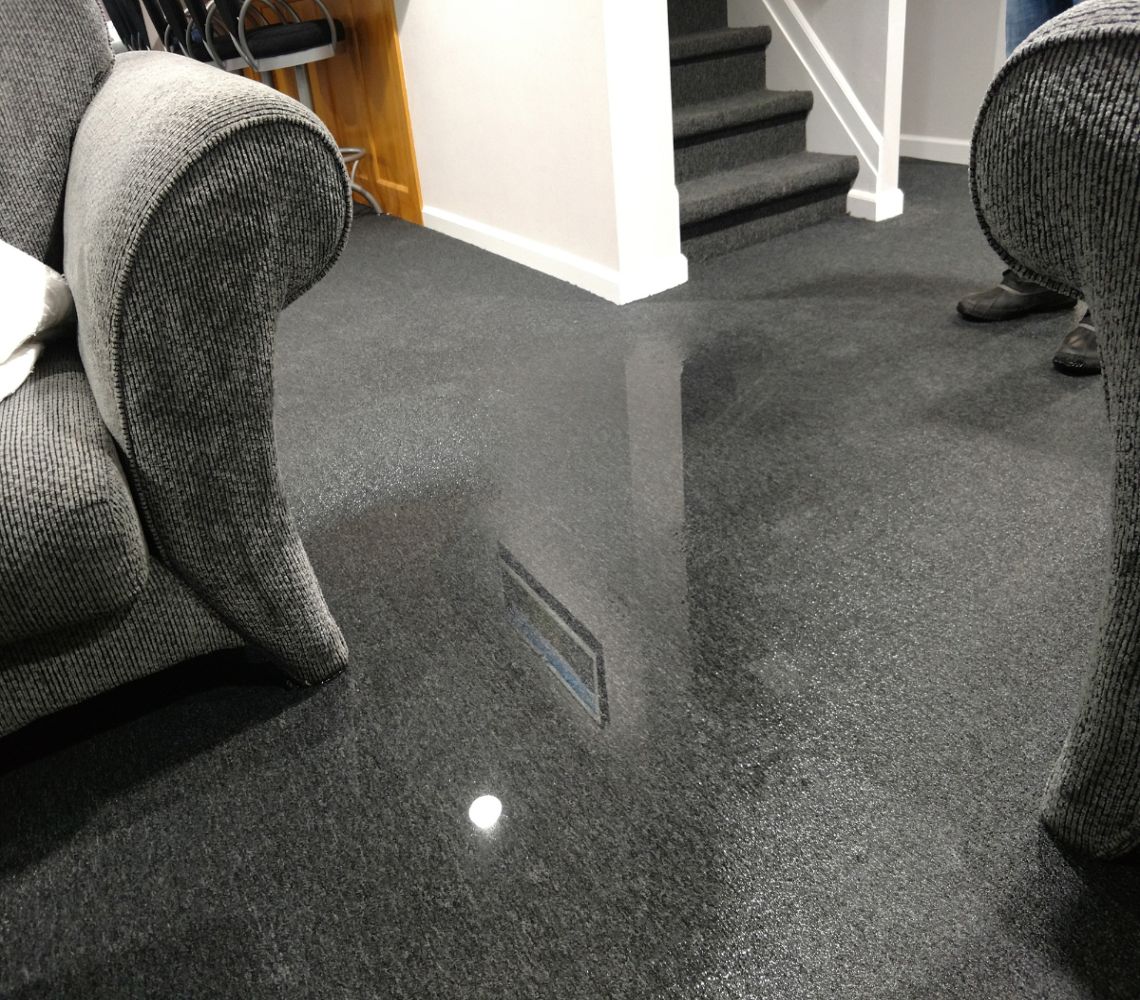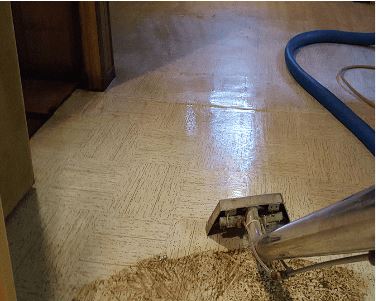SEWAGE CLEANUP IN TROY, MICHIGAN
If you are in need of a top rated sewage cleanup company in Troy, Michigan, please call Action Extraction at (586) 949-4448 for 24/7 emergency assistance. Click here to learn more about our basement flood cleanup services or Follow Us on Facebook!

Sewage Cleanup Company in Troy, Michigan
Sewage Cleanup Company in Troy, Michigan
- Expertise and Equipment: A professional restoration company has the expertise and specialized equipment to properly assess the extent of the damage and effectively remove excess water, dry out the affected area, and mitigate any mold or mildew growth.
- Quick Response Time: Water damage can cause significant harm to your property in a short amount of time. A restoration company can respond quickly to mitigate further damage and help prevent any long-term problems.
- Safety Concerns: Basement flooding can pose serious safety risks, such as electrical hazards or exposure to hazardous substances. A professional restoration company can ensure that the area is safe before beginning any restoration work.
- Insurance Claims: A reputable restoration company can help navigate the insurance claims process, ensuring that you receive the maximum coverage for the damage done to your property.
In summary, hiring a restoration company can save you time, money, and stress in the event of a basement flood. They can provide expert assistance, rapid response, ensure safety, and help with insurance claims.
For an experienced and trusted Troy, MI, contact Action Extraction at (586) 949-4448 now!
Sewage Cleanup in Troy
Sewage backup incidents & cleanup in Troy, Michigan can be an issue for any homeowner or business owner, causing significant damage, health hazards, and disruption to daily life. Troy, like other Michigan areas, faces its share of challenges when it comes to sewage cleanup. However, the city has been proactive in addressing these issues, employing various strategies to mitigate the impact of such incidents and safeguard the well-being of its residents.
Troy, Michigan’s struggle of sewage cleanup:
Troy, situated in Macomb County, Michigan, experiences its fair share of sewage backup incidents due to a combination of factors such as aging infrastructure, heavy rainfall, and increased urbanization. The city’s sewer system, like many others across the country, is susceptible to overflows and blockages, leading to sewage backups into homes, businesses, and streets.
Troy sewage backups without proper cleanup companies.
The consequences of sewage backups are multifaceted and severe. Not only do they cause extensive property damage, including structural issues and contamination of belongings, but they also pose significant health risks. Raw sewage contains harmful bacteria, viruses, and other pathogens that can cause illnesses ranging from gastroenteritis to respiratory infections. Moreover, the foul odor associated with sewage backups can make affected areas uninhabitable until proper cleanup is conducted.

What contributes to the cost of Sewage Cleanup in Troy, MI?
Q: What contributes to the cost of sewage cleanup in Troy?
A: Several factors influence the cost of sewage cleanup in Troy, MI, including the extent of the damage, the size of the affected area, the type of property, and the severity of the sewage backup.
Q: How does the extent of damage affect the cost of sewage cleanup?
A: The extent of damage caused by a sewage backup significantly impacts the cleanup cost. Minor incidents may only require surface cleaning and disinfection, while more severe backups that result in structural damage or contamination of belongings can entail extensive restoration efforts, driving up the overall cost.
Q: Does the size of the affected area affect the cost of cleanup?
A: Yes, the size of the affected area directly correlates with the cost of cleanup. Larger properties or areas with multiple rooms impacted by sewage backups require more resources, time, and manpower to clean and restore, resulting in higher cleanup costs.
Q: How does the type of property influence the cost of sewage cleanup?
A: The type of property, whether residential, commercial, or industrial, affects the cost of sewage cleanup. Commercial and industrial properties often have larger square footage and more complex layouts than residential homes, leading to higher cleanup costs due to increased labor and material requirements.
Q: What role does the severity of the sewage backup play in determining cleanup costs?
A: The severity of the sewage backup, including factors such as the volume of sewage, the duration of exposure, and the presence of hazardous materials, directly impacts cleanup costs. More severe backups that require specialized equipment, extensive decontamination measures, and professional restoration services tend to be more costly to clean up.
Q: What additional expenses are there with sewage cleanup companies in Troy, Michigan?
A: Additional expenses may include emergency response fees, disposal costs for contaminated materials, repair or replacement of damaged infrastructure or belongings, and potential relocation expenses for displaced occupants during cleanup and restoration activities.
Q: Can property owners mitigate the cost of sewage cleanup in Troy?
A: Property owners can take proactive measures to mitigate the cost of sewage cleanup by investing in preventative maintenance, such as regular inspections of sewer lines and septic systems, installing backflow prevention devices, and maintaining proper waste disposal practices to reduce the risk of sewage backups.
Q: Are insurance options available for the cost of sewage cleanup in Troy, MI?
A: Yes, homeowners and business owners in Troy can purchase insurance policies that provide coverage for sewage backups and related cleanup costs. It’s essential to review policy terms and coverage limits to ensure adequate protection against sewage-related damages.
Q: What steps can property owners take to minimize the risk of future sewage backups and associated cleanup costs?
A: Property owners can reduce the risk of future sewage backups by maintaining their sewage systems, investing in preventive measures, such as sewer line inspections and repairs, and staying informed about local regulations and best practices for sewage management and cleanup.




